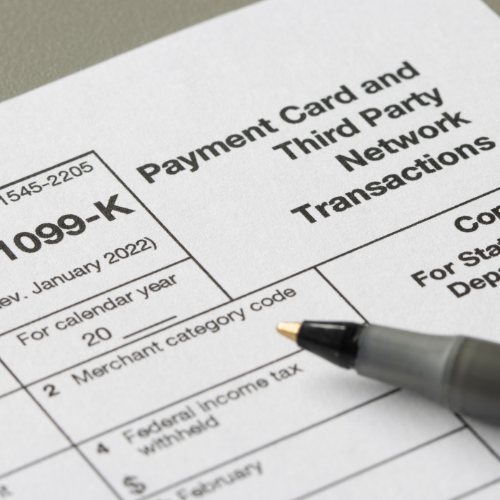The Fed has decided to lower the target range for the federal funds rate by 1/2 percentage point (50 basis points). In a statement, the Fed said that it “has gained greater confidence that inflation is moving sustainably toward 2 percent, and judges that the risks to achieving its employment and inflation goals are roughly […]
Federal Reserve Rate Cut










